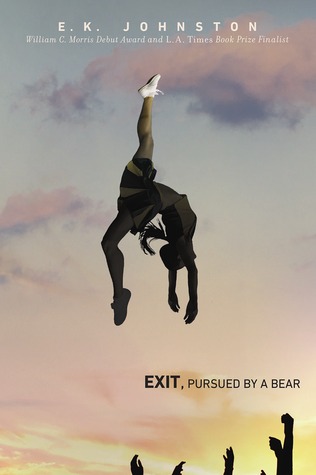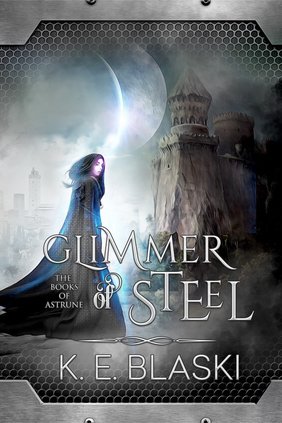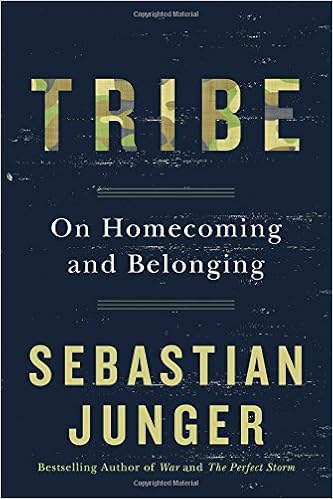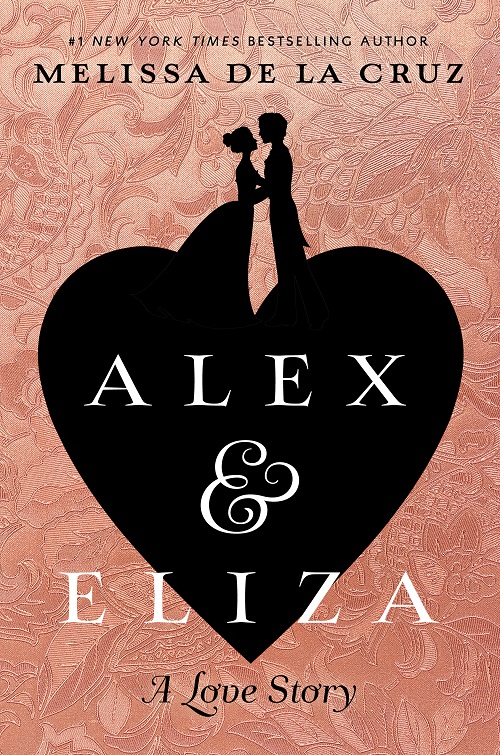 |
| Quote from Kira Hawke |
'Twas the day before Christmas, and all the writers on twitter,
Were snuggled in their jammies, filled with wine and baked fritters.
When a post appeared online that arose such a clatter,
and had writers yelling, "Sensitivity readers matter!"
The New York Times is known for ruffling feathers in the YA community and kid lit with tone-deaf articles based in sensationalism rather than the full picture. Just in time of the holidays, they've gifted us with a new piece called, In An Era of Online Outrage, Do Sensitivity Readers Result in Better Books or Censorship? in which NYT picked and chose their words in a way we might call censorship to make it seem like the white authors who've used sensitivity readers were victims of an oppressive scheme to destroy art. I hate to give articles like this any extra hits but I think it's important to read the other side of the story (hah). Plus, I like knowing the opposing viewpoint, so I figured you would to.
So What Are Sensitivity Readers Anyway?
When an author finishes writing a book, it's not actually finished. Not if that writer has plans to publish it in any way. As said in many acknowledgement sections in books, "writing is a solitary art, but publishing is a group project." When someone writes a story, it is a wholly personal thing, a reflection of what's in their heart, and a testament to their experience. But once that person shares their story with others, it's no longer theirs. Readers are affected by it, and they ascribe their own interpretations and meaning that can change the message actually being conveyed, which makes the whole writing-publishing process a bit trickier. At the end of the day, you are trying to convey a message or story, and you want to do that as clearly as possible without inadvertently having your narrative say something you didn't mean to, such as reinforcing racism. This is where sensitivity readers come into play.
Notes from sensitivity readers hold no more power than a beta reader or your mom's opinion ("Oh sweetie, your characters shouldn't use so many naughty words") and though major publishing houses are starting to hire them, most sensitivity readers are unpaid, unofficial, and just trying to help out their fellow writers. Though some people's reactions have been harsh, sensitivity reads are a voluntary thing for writers, and many do seek them out. Because at the end of the day, this is a craft issue. Characterization is a major component of good writing and this is just another side to writing characters. For decades, publishing has, and most media as well, assumed the only experience out there is white, able-bodied, straight, with westernized views and a Christian background. That any other experience is considered 'niche,' 'specialized,' and in a 'significant minority,' and most people have the same experience in life. Slowly, we're realizing the opposite is true. Each of our experience is so varied and our culture hugely affects how systems and people react to us, that we can't paint all people in one brush. That even the experience of walking down the street is hugely different if you're white, compared to black or Muslim. Now that we're realizing that, we are striving to make each character's experience wholly accurate, and sensitivity readers, or input from people in the same shoes as your character, is vastly helping writers improve their craft. We're taking characterization to a new, better level. We're bringing our literature to eye level with reality, so we can more accurately express what it's like to be alive in this world.
The NYT article really said it best in the article with: "Like fact checkers or copy editors, sensitivity readers can provide a quality-control backstop to avoid embarrassing mistakes, but they specialize in the more fraught and subjective realm of guarding against potentially offensive portrayals of minority groups, in everything from picture books to science fiction and fantasy novels."
Oh yeah, fact checkers handling some seriously subjective subject matter. Which is probably why things are getting a little explosive.
The "Outrage"
I hate how the word "outrage" has been used lately. It's thrown out as a demeaning phrase used to devalue legitimate concerns, often raised by people of colour. Adding "online" seems to knock it down another peg, insinuating that because it's done online it has less merit somehow. It's not people marching in the streets, so it must not matter. Which is utterly ridiculous.
Minorities and people of colour have for decades felt this level of outrage for misrepresentation in
 |
| Black people protesting Birth of a Nation in 1915 |
For most writers, this all seems pretty simple. Writing about a major medical incident? Get a doctor to read over your manuscript. Writing about Victorian London? Consult a historian. Writing about Navajos living on the reserve? Maybe you should talk to a Navajo living on the reserve.
One of the examples from the article really hit home the importance of sensitivity readers, especially for me, as someone who works with kids in foster care and who are in adoption processes. Kate Milford received feedback from sensitivity readers for her middle grade novel Ghosts of Greenglass House, who, like her character, were also adopted internationally by white American families. "In one small but meaningful change that a sensitivity reader suggested, she stopped referring to Milo’s mother and father as his adoptive parents, and simply called them his parents." This, to an adopted child, is a huge change they would've definitely noticed. They are often highly sensitive to the concept of "real" families and belonging. So reading this book, it may be a trigger for them to see a distinction between "my adoptive mom" and just "my mom" normalized in a published book. That word sticking out there reaffirms that they're outside the norm which can have damaging effects to their self-esteem over the long run.
So where's the problem? Sensitivity reading seems to do a lot of good. But the article, as well as some writers, seem to suggest this is all censorship.
Censorship?
Cries of censorship echo all across the writing world, flying hand-in-hand with sensitivity readers. Yet I have trouble seeing the issue, especially when the process of sensitivity reading is the same as beta reading but with a different focus, and we didn't see cries of censorship there. Some writers (primarily white) are feeling afraid in this climate to "write outside their lane" as they fear getting it wrong and the inevitable backlash. Some are even claiming that they don't feel they can write about people of other backgrounds anymore, which doesn't make any sense to me. The whole point of sensitivity readers is to allow writers (primarily white) to write outside their own lane and do it successfully. The NYT article claims this is leading us to more homogeneous literature, when really the scrutiny towards accurate representation will allow us to write wider and write better. Instead of relying on internalized stereotypes and assumptions, we can get the inside scoop to allow writers to improve their craft and connect better with readers. Some critics are claiming that sensitivity readers are only one voice of a minority, and one black person can't speak to how all black people will feel. And while I agree wholeheartedly, it is still better to get the opinion of a few black people rather than none, is it not?
Criticism hurts at any point. It sucks to be told that the writing you've poured your heart into is bad, but that's all part of the process. If you want to improve, you have to take a hard look at your faults. If you want to publish, you have to be aware of your impact.
 |
| Shades of Magic series |
Real censorship is awful, but criticism isn't censorship. Censorship is what happened to author VE Schwab. Her fantasy series, Shades of Magic, contains a gay relationship which was redacted from the Russian publication of the series without her permission. The contract stipulated that the plotline would remain, but the Russian publisher breached the contract to keep in line with the Russian "gay propaganda" law. Censorship comes without your knowledge or your consent. Censorship is the suppression or elimination of information. Sensitivity reading is the improvement of your content so you can tell the story you want. Sounds like the opposite of censorship to me.
People who take up arms against sensitivity reading don't have a lot of answers to the concerns POC raise about the lack of diversity in publishing. Nor do they really care. The way publishing Has Always Been benefits and suits them, and it can be difficult to engage people who can't see problems outside their own experience. So they claim that those who "don't like what's being published" should go off and "start their own" publishing houses/imprints/magazines/etc/etc. Aside from how difficult that is for people who don't come from rich backgrounds, POC have been starting their own houses/imprints/magazines/etc/etc for decades now. They've put in the work, building everything from the ground up just to publish works with accurate representation, and are still outpaced by big publishing houses who continue to publish books with harmful representation. Segregating publishing does nothing to address the problematic books being published all across the board.
The Core of It
Why is all of this such a big deal? Why should we even have to bother with sensitivity readers? At the end of the day, the need for sensitivity readers reflects the lack of diversity in the publishing industry. Where are the black editors? The Muslim agents? The Asian-American immigrant book reviewers for major publications? The more diversity we have within the industry itself, the less we'll have to reach out to sensitivity readers working unappreciated on the fringes. We're already asking for these people's input, and it's about time we put them in places where they can use their input to influence publishing. Not only will that open the door to more unique voices, but it will help to build sensitivity reading into the foundations of publishing itself, which is something we're long overdue for.
As it stands now, most of the gatekeepers within the publishing industry are of that white, straight, able-bodied, westernized, Christian background, and so don't have the experience to culturally vet so widely. That is also why we have more of a focus on white experiences. This is also why it's so much easier for white people to publish books about POC than for POC to publish books about POC. The expectation is (because the industry is mostly white) that the audience will also be mostly white. So even when books on POC are published, it needs to be through the viewpoint of a white person to make it more appealing to the "general" audience. And once that "Book about POC" slot is filled on a house's list (and because the assumption is the audience majority is white, there usually is only one or two slots a year for books about POC), most other submissions are shit outta luck until next year. So even when publishing about POC, white people still have the advantage to get those coveted spots of POC books to be published that year.
At the end of the day, sensitivity is nothing to be afraid of. If you want to write about black people, don't you want to get it right? If you're publishing anything at all, don't you want to make sure you put your best work forward?
And if your major concern is that there's too much focus on diversity, and we need less of it? Well then you can go fuck right off. Because we all deserve a voice. And it's about time we all learned to share the spotlight.



















